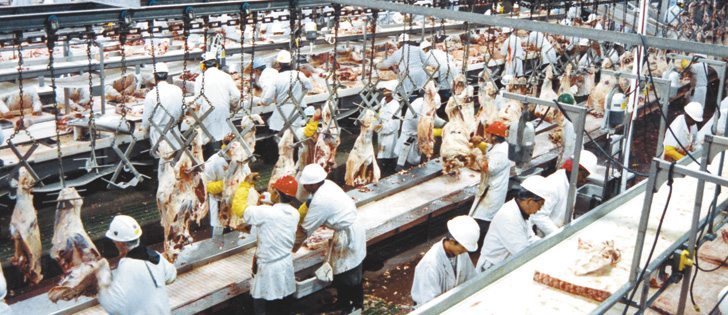Leaders of the G20 group of developed and developing countries last week said again they are committed to a conclusion of the eight-year-old World Trade Organization negotiation next year.
WTO director general Pascal Lamy called on these key players to translate their high-level commitment into action in Geneva by their negotiators.
“As long as they do not translate into concrete engagement, declarations would not in and of themselves deliver an outcome,” he said in a Sept. 28 speech posted on the WTO website.
Read Also

Fendt takes a combine on the road in the U.S.
Putting an Ideal combine in fields across different regions has given the brand a chance to prove that the combine is capable of performing well in a variety of conditions.
“Leaders have agreed that their negotiators now embark on work programs that we have established for the next three months and that they then assess our collective ability to achieve our 2010 target.”
Lamy said it now is “incumbent on them to ‘walk the talk.’”
At a G20 leaders’ summit in Pittsburg that included Canada, leaders said “closing the gaps should proceed as quickly as possible.”
They said trade ministers should “take stock of the situation no later than early 2010.”
If there is a resumption of negotiations, Canadian exporters represented by the Canadian Agri-Food Trade Alliance say proposals in the working text published last December would create several billion dollars in trade opportunities for their wheat, canola, livestock and sugar members.
That same text would sharply reduce protection for supply managed sectors and end the Canadian Wheat Board monopoly by 2013.
The Conservative government has said the text is unacceptable, although it also claims to be virtually alone among more than 150 WTO countries.
Lamy told G20 leaders the global recession has caused “low-intensity protectionism” in many countries and the way to avert worse reactions is to complete a new deal.
“The WTO has quickly responded to the crisis by cautioning governments against beggar-thy-neighbour policies, which have been tried in the past in similar situations and which have shown their gross inadequacy,” he said Sept. 28 in a speech to a WTO public forum.
“It has cautioned against protectionism through a monitoring mechanism of trade restrictions that it enacted in the immediate wake of the financial crisis, a WTO radar screen if you like.”
Lamy said while protectionism has been muted, the crisis is far from over.
“There should be no complacency,” he said. “Rising unemployment will continue to usher in the inevitable protectionist pressures.”














